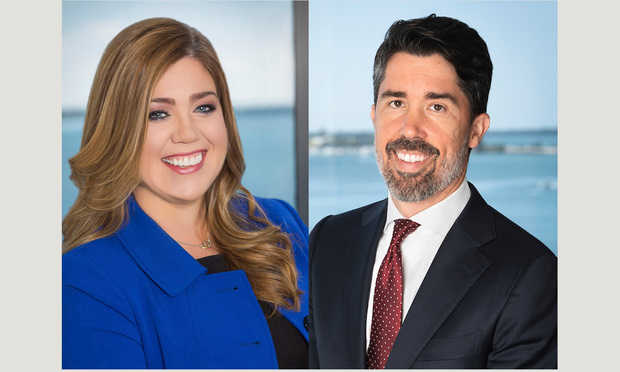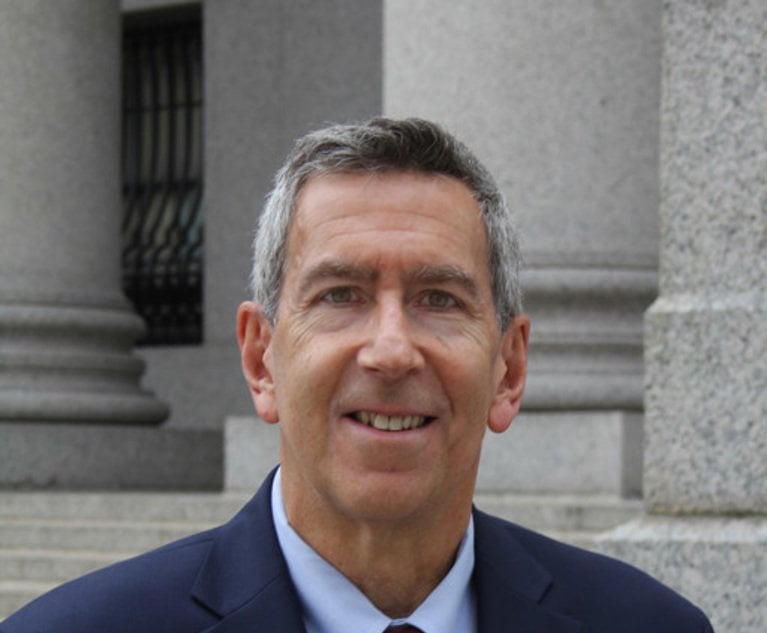As the novel coronavirus has been spreading throughout the region, Sequor Law has monitored its impact across Latin America. Brazil confirmed its first COVID-19 case, the first in Latin America, from a traveler who had visited Northern Italy before arriving in Sao Paulo, a city of approximately 20 million people with the largest urban population in the Americas. It is also the country’s financial center and a business hub representing one of Latin America’s largest economies. The news, which arrived after a long weekend of Carnival celebrations, brought with it a deep and almost immediate dive in the Ibovespa stock index similar to the losses that have been seen elsewhere around the globe. Most recently, Brazil closed its border to eight neighboring countries, banned travel from Europe and Asia, and closed schools, colleges, courts, and commercial business in its largest cities. Brazil’s top soccer teams have handed stadiums over to health authorities to turn them into field hospitals and clinics in the fight against the COVID-19 pandemic.
Brazil’s health minister has predicted that the spread of COVID-19 would reach its peak between April and June and has warned that Brazil’s health system could reach saturation by the end of April. At present, the country has over 4,600 confirmed cases, 165 deaths and reports indicate that the number of new cases is steadily growing. With various government officials testing positive for COVID-19, including 14 who accompanied its president, Jair Bolsonaro, to Florida a few weeks ago, the federal government has declared a national emergency in Brazil allowing the government to free up budget resources and announcing an economic stimulus package of approximately $40 billion euros. Notwithstanding all of these measures, Brazil’s currency recently hit an all-time low of R $5.2 per dollar before its Central Bank helped pare losses by cutting its benchmark interest rate to an all-time low of 3.75%, pledging to deploy financial stability policies to fight the crisis. Like the United States, closures of commercial establishments and travel bans have hit Brazil’s retail, entertainment and aviation sectors hard.


 Leyza F. Blanco,left, and Fernando J. Menendez, Jr., right, of Sequor Law.
Leyza F. Blanco,left, and Fernando J. Menendez, Jr., right, of Sequor Law.




